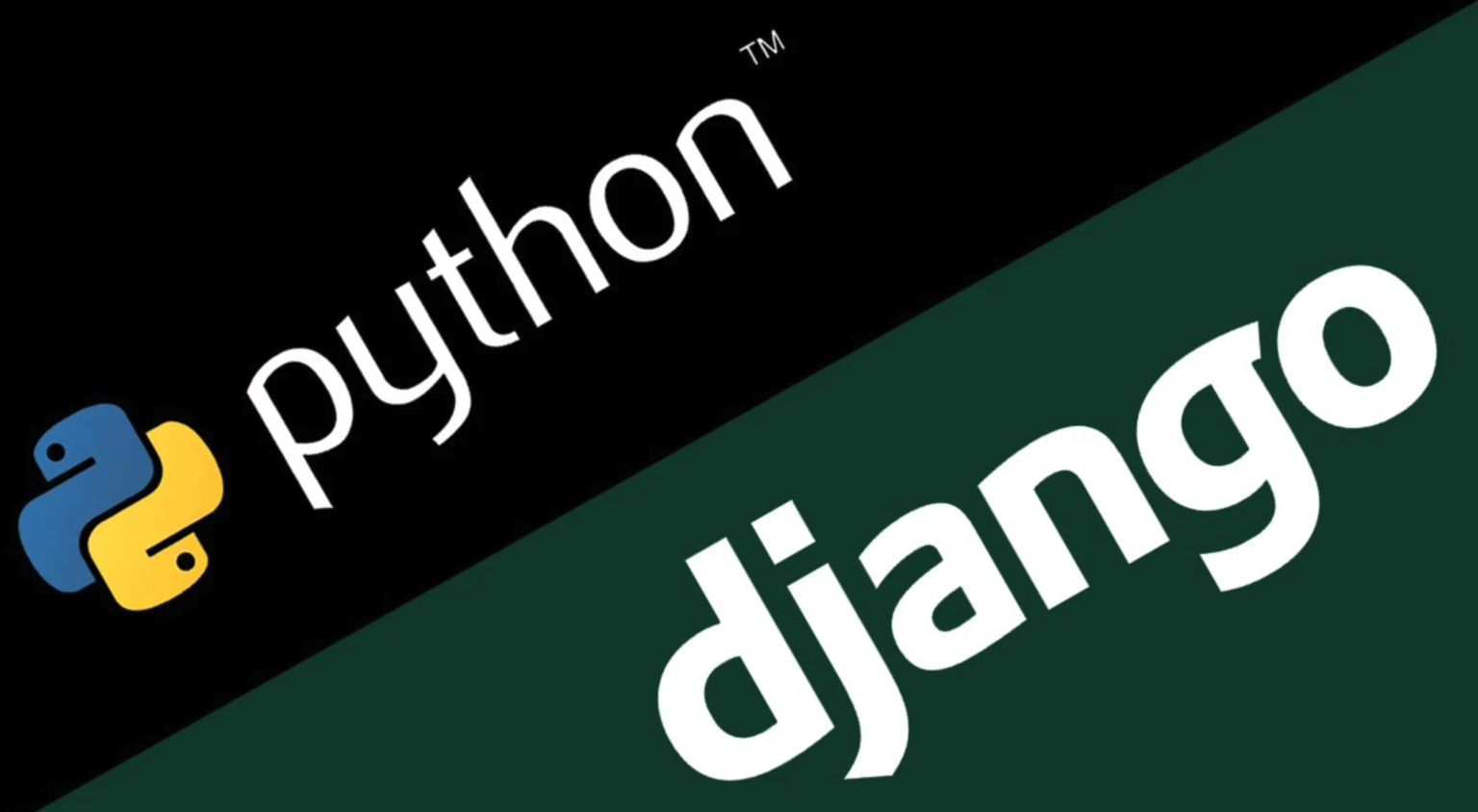Python’s versatility extends to its web development landscape, where a plethora of frameworks cater to varying project sizes and requirements. From robust full-stack solutions to minimalist micro-frameworks, Python offers developers a wide array of options to choose from. In this dynamic realm, we’ll explore the top ten Python web frameworks that have consistently demonstrated their prowess up to 2023. Whether you’re seeking rapid development, high performance, or tailored solutions, these frameworks provide the tools to shape your web applications with efficiency and finesse. Here are more details about each of the top Python web development frameworks up to 2023:
Django:
- Description: Django is a high-level, full-stack Python web framework that promotes rapid development and clean, pragmatic design. It follows the “batteries-included” philosophy, offering a wide range of built-in features and tools for common tasks.
- Key Features: Object-Relational Mapping (ORM), authentication system, admin interface, URL routing, templating engine, and automatic admin interface generation.
- Use Cases: Ideal for building complex web applications, content management systems, and large-scale projects that require robust features and security.
Flask:
- Description: Flask is a micro web framework that is minimalistic and lightweight. It gives developers the freedom to choose the tools they need for their projects, making it highly customizable.
- Key Features: Simple and intuitive design, built-in development server, Jinja2 templating, request handling, URL routing, and extension support.
- Use Cases: Well-suited for small to medium-sized applications, prototypes, and projects where flexibility and simplicity are prioritized.
FastAPI:
- Description: FastAPI is a modern, high-performance web framework for building APIs with Python 3.7+ type hints. It focuses on speed, automatic validation of request data, and automatic generation of interactive documentation.
- Key Features: Fast asynchronous execution, automatic OpenAPI documentation generation, dependency injection, data validation, and WebSocket support.
- Use Cases: Particularly suitable for building APIs that require high performance, real-time features, and thorough API documentation.
Pyramid:
- Description: Pyramid is a flexible and modular web framework that is designed to provide a solid foundation for both small applications and large, complex projects. It emphasizes configurability and adaptability.
- Key Features: Flexible URL dispatching, extensibility through components, authentication and authorization, templating support, and optional add-ons.
- Use Cases: Suitable for applications of varying sizes, from small prototypes to large-scale applications with complex requirements.
Tornado:
- Description: Tornado is a web framework and asynchronous networking library that excels at handling asynchronous processes, making it ideal for applications that require high performance and real-time capabilities.
- Key Features: Non-blocking I/O, support for long-lived connections (WebSockets), asynchronous request handling, and scalable architecture.
- Use Cases: Best suited for building real-time applications, such as chat applications, notifications, and any system requiring high concurrency.
Bottle:
- Description: Bottle is a micro web framework designed for simplicity and ease of use. It is lightweight and requires minimal configuration, making it a good choice for small projects and beginners.
- Key Features: Single-file applications, minimal setup, built-in template engine, simple routing, and support for various data sources.
- Use Cases: Ideal for simple web applications, prototypes, and projects where a minimalistic approach is desired.
Web2py:
- Description: Web2py is a full-stack web framework that comes with an integrated development environment (IDE). It emphasizes ease of use and rapid development by simplifying common tasks.
- Key Features: Integrated development environment, automatic form generation, role-based authentication, support for multiple databases, and built-in ticketing system.
- Use Cases: Well-suited for building web applications quickly, especially for developers who value convenience and a smooth development experience.
CherryPy:
- Description: CherryPy is an object-oriented web framework that aims to be simple and easy to use. It provides a clean way to build web applications using Pythonic idioms.
- Key Features: Object-oriented design, URL mapping, in-built server, easy configuration, and support for custom extensions.
- Use Cases: Suitable for developers who prefer an uncomplicated framework for building small to medium-sized web applications.
Sanic:
- Description: Sanic is a web framework built for speed and asynchronous execution. It is designed to handle a large number of requests concurrently, making it suitable for high-performance applications.
- Key Features: Asynchronous request handling, WebSocket support, fast execution, and compatibility with asyncio.
- Use Cases: Ideal for building highly performant APIs and real-time applications that require efficient handling of concurrent requests.
Quart:
- Description: Quart is an asynchronous web framework built on top of the asynchronous Python web toolkit, Hypercorn. It is designed to provide asynchronous features similar to Flask.
- Key Features: Asynchronous request handling, WebSocket support, URL routing, and compatibility with Flask APIs.
- Use Cases: Well-suited for developers familiar with Flask who want to leverage asynchronous programming for their applications.
Please note that the landscape of web development frameworks is dynamic, and new frameworks may have gained prominence or existing ones may have evolved since my last update. Always research the latest information before making a decision based on the current state of the industry.
